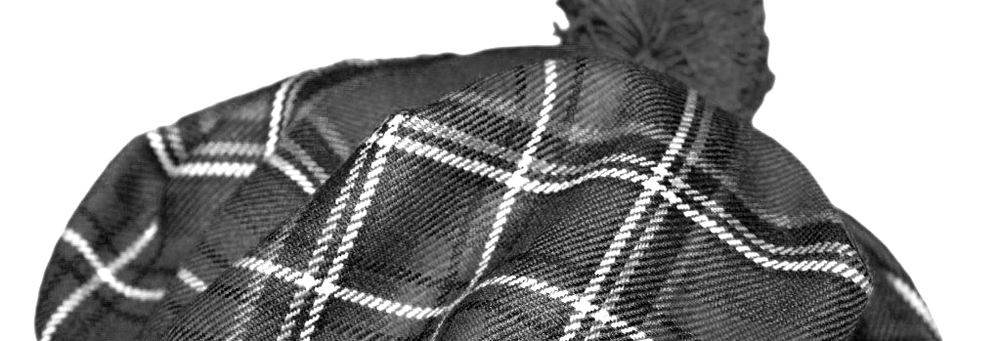As I write this, over 100 people have been reported killed in Paris in multiple terrorist attacks. The news is jamming my social media feed and my RSS feed. It’s on every major television station. It’s being continuously updated on news websites. It’s a terrible tragedy. I’m not writing this to minimize it. I am upset and dismayed and disheartened and grieved by it – but I have a few observations to make.
Who noticed the story from yesterday, November 12, about the suicide attacks that killed 41 and injured over 200 in Beirut, Lebanon? Did any of you change your profile picture on Facebook to a Lebanese flag, or post a photo of a Beirut landmark in tribute to the victims? Did you know that on October 27 in Syria, 115 people were killed? On October 25, it was 161 people. On September 18, it was 255. These are typical days for Syria. The death toll in the Syrian civil war so far is over 250,000. Anyone posting those status updates in their feed? And how about the rash of stabbings in Israel? On October 13, three people were killed and over 20 were wounded. Other attacks have occurred since then. So, where are the Israeli flags on social media?
I’m not stupid. I know there’s a war in Syria and daily casualties are to be expected. I know that Lebanon experiences frequent unrest, and bombings and attacks there are sadly common. I know that the Palestinians and the Israelis are acting out generations’ worth of struggle and conflict, and attacks and violence are frequent there, too. I’m not trying to say that because bad things happen everywhere, every day, that we should just shrug our shoulders at what has happened today in France. Not at all. But I do want to observe that when it happens to people who we regard as being more like us – well, then we sit up and take notice. When political violence happens in places we don’t expect it to – places we think of as safe – then we react with shock. When terror happens in western or northern Europe (not so much in eastern Europe, though) we feel more connected to it. I’ve done it too – I made a drawing in tribute after the Charlie Hebdo attack last January. I posted it to Twitter and Facebook. I felt connected to France in their shock and grief because I felt an empathy that stretched back to September 11, 2001. So why don’t we react in the same way to the daily stream of violence in other places?
I have some tentative answers. We become accustomed to violence happening to the Other. We don’t empathize, generally, with people whose countries and cultures – and, let’s face it, oftentimes colors – don’t match our own. It doesn’t mean we don’t sympathize, but we’ve become inured to violence and unrest in the non-Western world. We think of it as happening to “those people” – again, not in an unkind or dismissive way, but in a way that speaks to the differences we perceive between us. It’s a classic, unconscious us/not us mentality – an artifact of Western, and particularly US, hegemony.
Is it any different when we shrug or tsk at reports of a drive-by shooting of a young person of color in a gang-heavy neighborhood, yet hold candlelight vigils for a white victim of violence? Is it any different when a sex worker or a homeless person is found dead in an alley and gets a few lines, if that, in the local paper, vs. when a person with a job and family is murdered and gets front page headlines? Is it any different when a working class mom reports her daughter missing and is told she’s probably a runaway, vs. an upper class family’s missing child who gets immediate media coverage and police attention?
It is hard for us to feel empathy for the so-called Other, but the Others are human, too. We’d be exhausted by grief and shock if we reacted to every act of violence the way we react to what happens to people like us – the way we are reacting to the attacks in France now. But we have to remember to feel something. We have to remember that the suffering of the outcast, the minority, the underprivileged, the uneducated, the tossed away – is of equal import to the suffering of the powerful, the privileged, the lucky, the elite, and everyone in between. And the suffering and death and terror experienced by the Other – the people not like us – is no different than the suffering and the terror experienced by those like us. I grieve for France. I grieve for Lebanon. I grieve for Syria. I grieve for Israel and Palestine. I grieve for us all.


